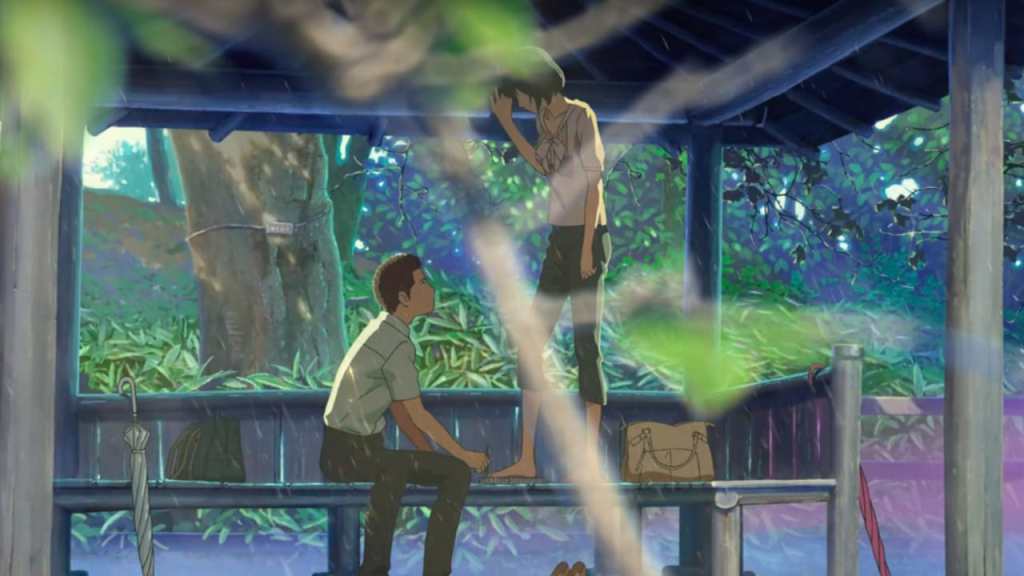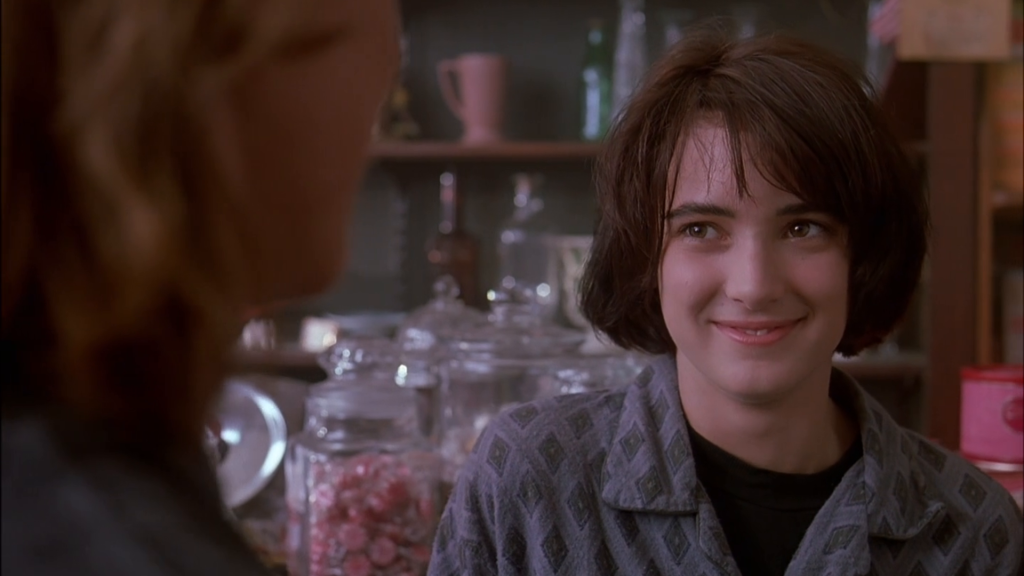Isabelle Huppert plays thr ee different women, all named Anne, all visiting the Korean seaside town of Mohang during the off-season. It is an odd little set-up for this South Korean portmanteau film, written and directed by arthouse darling Hong Sang-soo and screened in competition at the 2012 Cannes Film Festival.
ee different women, all named Anne, all visiting the Korean seaside town of Mohang during the off-season. It is an odd little set-up for this South Korean portmanteau film, written and directed by arthouse darling Hong Sang-soo and screened in competition at the 2012 Cannes Film Festival.
I generally find Hong a fairly frustrating director. His films seem to be all based around semi-improvised dialogue, featuring middle-aged film directors or university academics lusting after women. They employ relatively simple, non-overt production styles. In Another Country follows pretty much all of these traditions, although it also gets a small shot of energy in the arm from star Isabelle Huppert. She and Hong agreed to work together on a project after meeting at a film festival, and this trio of stories is the result.
In the first storyline Huppert plays a noted film director undertaking a location scout in Mohang. A fellow film director named Jong-soo (Kwon Hae-hyo) attempts to seduce her despite being there with his heavily pregnant wife (Moon So-ryi). In the second storyline, Huppert’s character arrives in town to have an affair with a film director named Moon-soo (Moon Sung-keon). In the third, Huppert is a recently divorced women visiting the town with a university academic friend (Youn Yuh-jung). In all three storylines Anne goes looking for a small lighthouse, and meets an awkward but romantically inclined life guard (Yoo Jun-sang) who attempts – rather poorly in each instance – to seduce her.
It all feels somewhat like a talky arthouse version of Tom Tykwer’s Run Lola Run, which played out an action storyline three times in a row with different choices made each time. In this case the difference is in lead character rather than in choices made by them. Similar events happen in each story, and most intriguingly events in one get echoed or reflected in the other. In the first part a character complains about someone having thrown and broken a bottle of soju on the beach. In the third part we see Anne throw and break the same bottle. It is a small, clever touch.
Unfortunately the individual moments are not strong enough to redeem the whole film. It winds up feeling rather repetitive, and many of the characters come across as deeply unlikable. Much of the film is performed in English, and while Huppert manages to deliver three distinctive and well-developed characters some of her Korean co-stars appear to struggle to achieve the same.
All three stories are framed by a resentful teenager in the same time essentially writing them as scripts to take her mind of her father’s financial problems. While this character (played by Jung Yu-mi) is carefully set up in a prologue sequence, and is seen between the first and second, and then second and third stories, she never appears after the third to actually provide some form of resolution. It is as if Hong simply lost interest in the framing device and could not be bothered to film an epilogue.
There is a loose, lazy vibe to the entire film, to be honest. There are moments that work, but plenty that don’t. There is precious little momentum, and an overwhelming sense of self-indulgence from the meandering conversations. Huppert is very strong, and enormously watchable, but then she is a great actor. It is a pity, given that this is her one foray into Korean cinema, that she was not given something more worthwhile to do.





Leave a comment